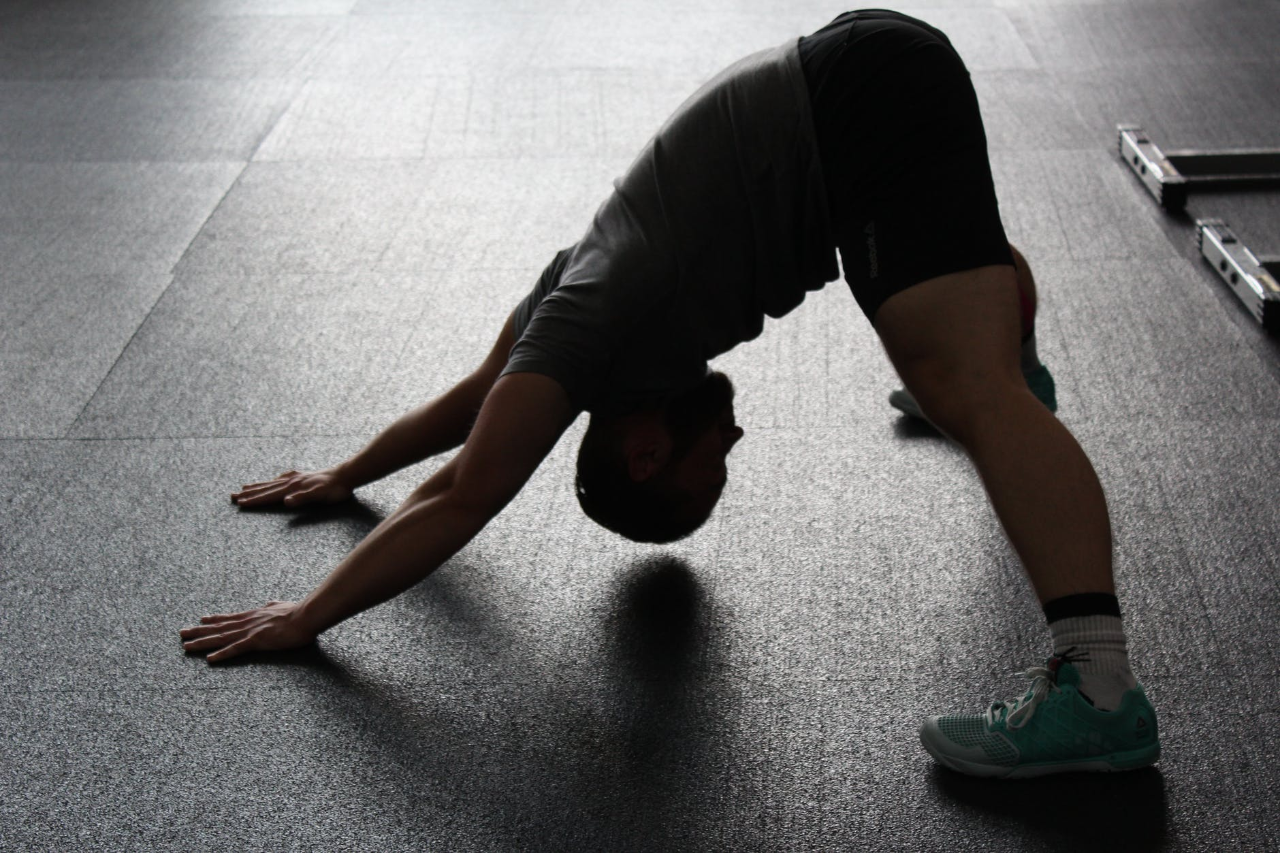Title: 
Fitness enthusiasts and athletes often focus intently on their training routines, pushing their bodies to achieve new heights of strength, endurance, and performance. While intense workouts are essential for progress, many tend to overlook the equally vital aspect of recovery. Recovery is the process by which the body repairs and adapts to the stress placed upon it during exercise. It is a key component of any successful fitness regimen, as it not only maximizes the benefits of training but also ensures overall well-being and longevity.
-
Muscle Repair and Growth
During exercise, muscle fibers undergo microtears, which stimulate the body to repair and rebuild them stronger than before. Proper recovery, including adequate rest and nutrition, allows this process to occur effectively. Without sufficient recovery, the muscles may not have enough time to repair, leading to overtraining and increased risk of injury. Recovery periods give the body an opportunity to adapt, leading to greater muscle growth, improved strength, and enhanced athletic performance.
-
Injury Prevention
Incorporating rest days into a workout routine is essential for injury prevention. Overtraining and continuous strain on the body can lead to stress fractures, muscle imbalances, and joint issues. Recovery periods help reduce inflammation and give the body time to heal minor injuries before they become major problems. By maintaining a balanced approach to training and recovery, athletes can minimize the risk of chronic injuries and keep themselves in top physical condition.
-
Mental Restoration
Fitness isn’t just about physical exertion; it also involves mental strain. Training consistently without adequate recovery can lead to mental fatigue, burnout, and a decline in motivation. By allowing time for rest and relaxation, individuals can rejuvenate their mental state, improving focus, concentration, and overall cognitive function. A refreshed mind is better equipped to handle the challenges of workouts and daily life, leading to a more positive and productive fitness journey.
-
Hormonal Balance
Intense exercise elevates stress hormones like cortisol, which play a crucial role during workouts but can be detrimental when consistently elevated. Overtraining and inadequate recovery may disrupt hormonal balance, leading to issues such as sleep disturbances, mood swings, and impaired immune function. Sufficient rest and recovery help regulate hormone levels, ensuring the body remains in an optimal state for progress and overall health.
-
Enhanced Performance
Contrary to common belief, more exercise does not always equate to better results. Without proper recovery, the body cannot fully reap the rewards of training, leading to plateauing or even regression in performance. Rest and recovery allow the body to adapt and perform at its best during subsequent workouts. As a result, athletes can achieve better results and reach their fitness goals more effectively.
-
Sleep – The Ultimate Recovery Tool
One of the most critical components of recovery is sleep. During deep sleep, the body undergoes various restorative processes, including muscle repair, hormone regulation, and memory consolidation. Aim for 7-9 hours of quality sleep each night to optimize recovery and ensure peak physical and mental performance.
Conclusion
In the pursuit of fitness goals, recovery should never be underestimated or neglected. It is an integral part of any effective training program and plays a vital role in achieving long-term success in fitness endeavors. By allowing the body time to repair, adapt, and rejuvenate, individuals can not only maximize their physical performance but also maintain overall well-being and prevent burnout. So, let’s remember that rest is not a sign of weakness; rather, it is a strategic tool that empowers us to perform at our best and remain committed to our fitness journey in the long run.



